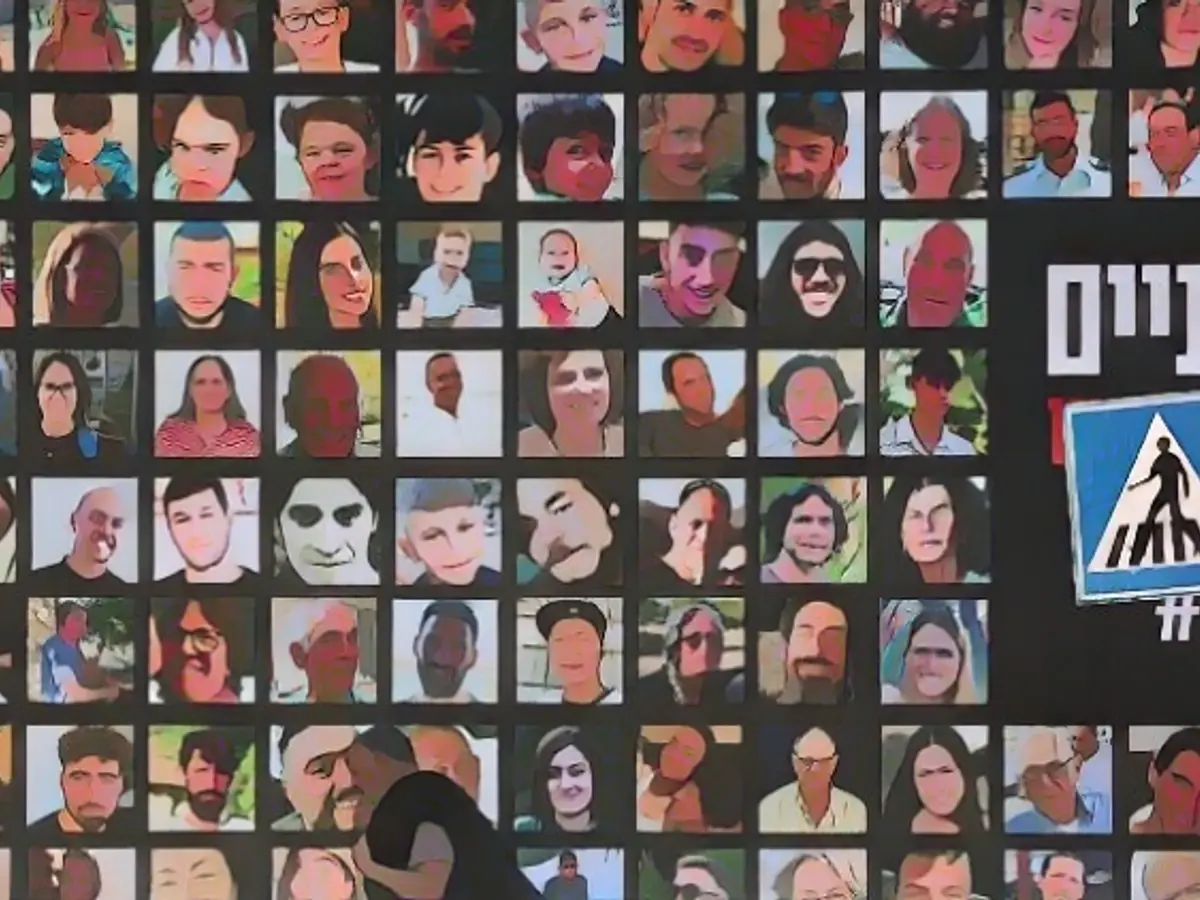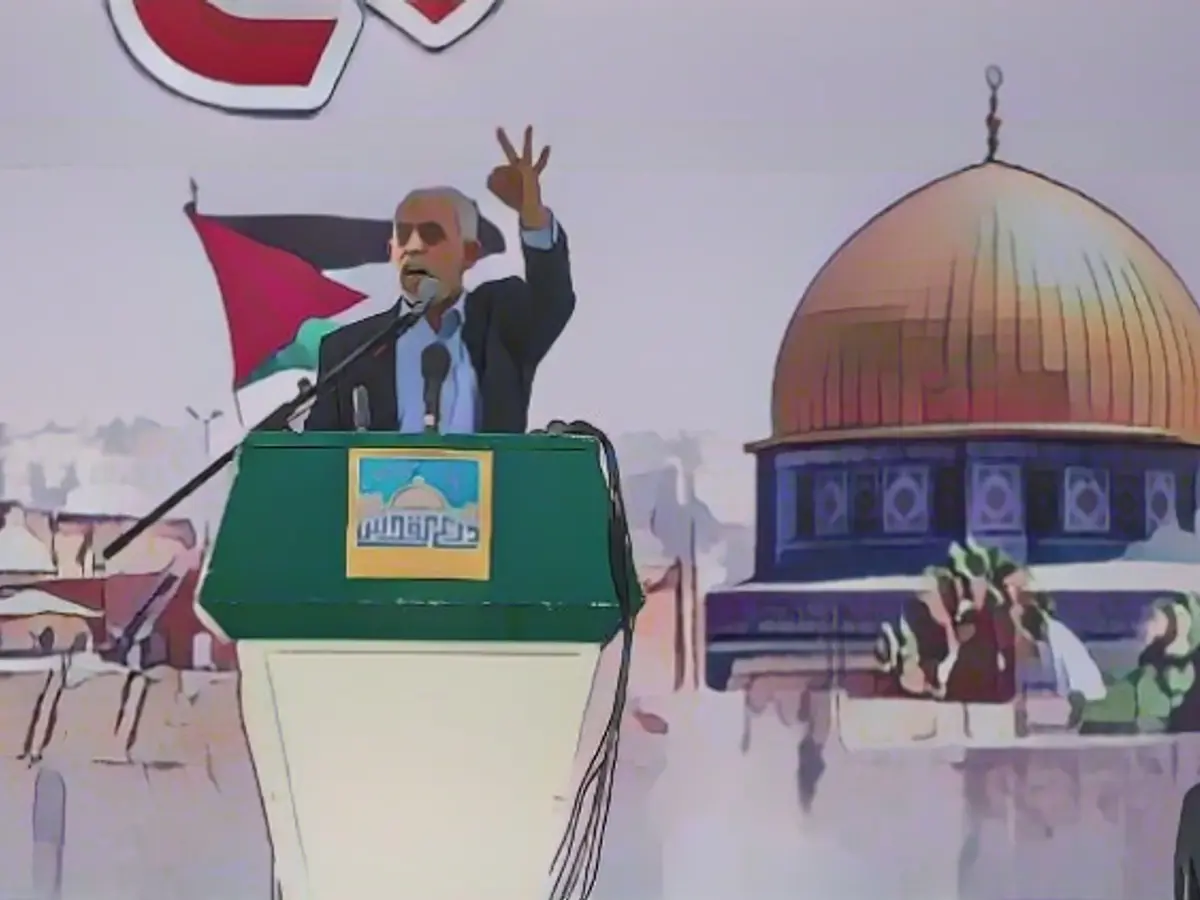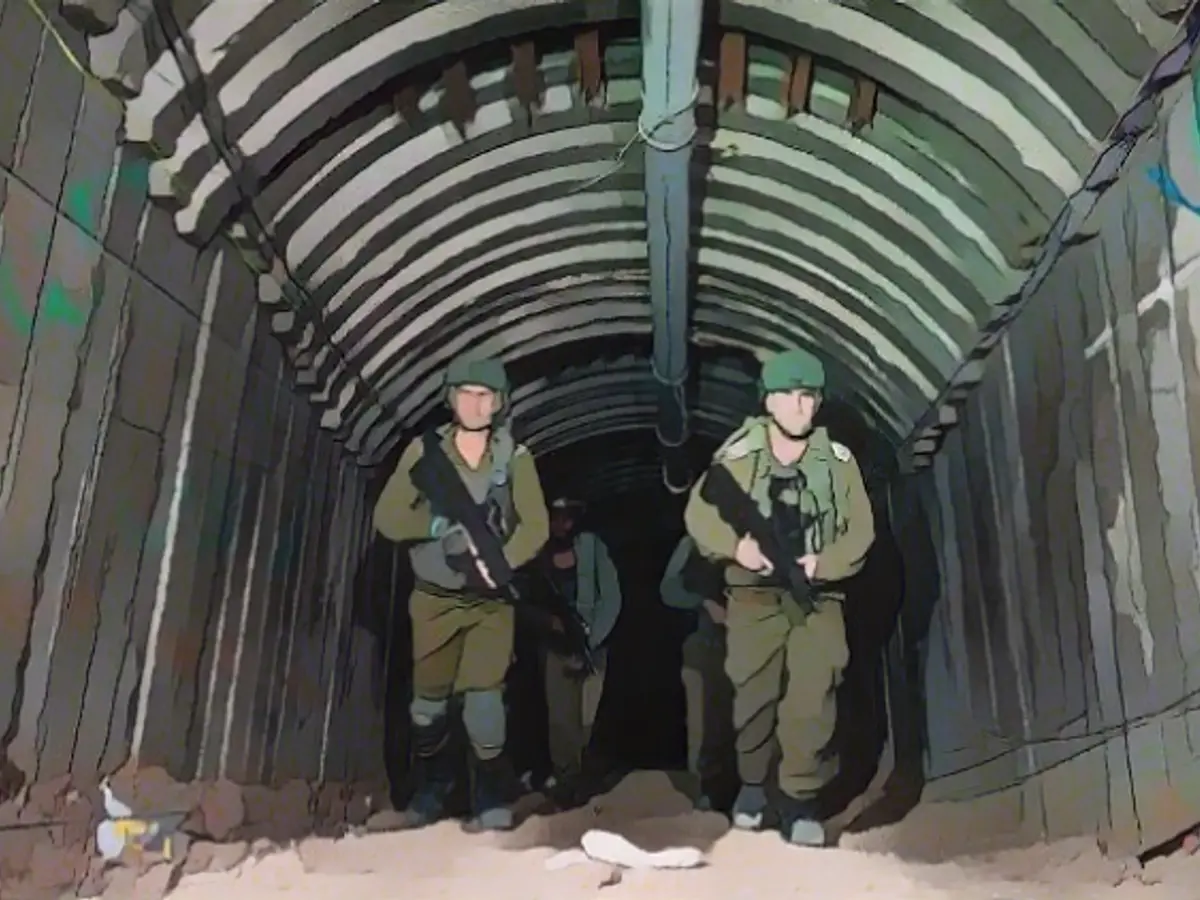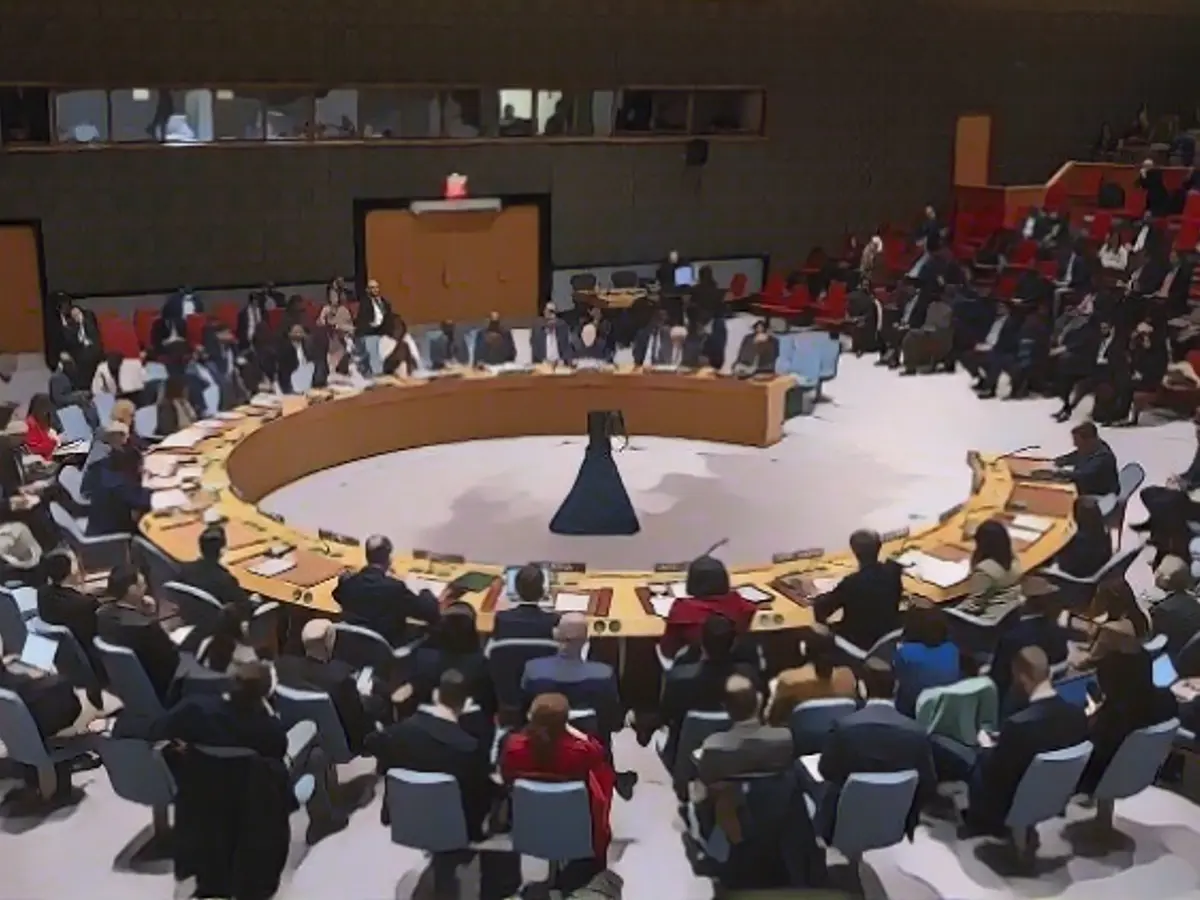In the heart of Israel, the ongoing ceasefire during the Gaza war stirs up a whirlwind of opinions. Today marks the release of several hostages, orchestrated through a controversial agreement between Israel and Hamas, a notorious terror organization. The truce, mediated by Qatar, saw the commencement of a four-day ceasefire, with the initial release of 13 women and children by 4 p.m. local time, followed by 37 more by Monday. In return, 150 Palestinians will be freed from Israeli prisons.
Dana Levi, a survivor of the Entebbe airplane hijacking in 1976, expresses her concern. She fears that this agreement may pave the way for over 100 criminals to return to terrorist activities. Despite this, Levi is aware of Israel's desire to free the hostages and supports the effort, despite its consequences.
However, strategic analysts like Shai Shabtei, a former IDF colonel, view the agreement with apprehension. He argues that comprehensive agreements, such as prisoner exchanges, serve to surrender to terrorism. Shabtei believes that Hamas, whose existence is under threat, uses hostages as a bargaining chip to undermine its political and military power. According to him, prisoner exchanges inflict significant strategic damage on Israel.
Eyal Pinko, a security expert, believes that the ceasefire agreement not only increases the likelihood of the end of the war but might result in the Palestinian population in Gaza attempting to return to their homes in the north, potentially forcing the Israeli army to withdraw.
As the final details of the ceasefire agreement are clarified, concerns linger about its full implementation. Despite the ceasefire, tensions remain high between Israel and Hamas in Gaza. The release of hostages is an essential aspect of the agreement, but Israelis remain wary of the potential release of terrorists who could rejoin their previous activities.
Sources:
Terrorism's impact on this situation is multifaceted. The short-term release of hostages lessens the immediate threat in Israel, but the ongoing conflict serves as a breeding ground for future hostage-taking. The perceived strength of Hamas, resulting from this deal, can increase its appeal to other militant groups and the Palestinian public.
The IDF's effectiveness, meanwhile, is tested by finding a balance between military objectives and humanitarian concerns. The use of airstrikes and artillery in densely populated areas raises questions about tactical efficacy and the respect for human life. In addition, the internal political strife within Israel over the hostage deal and the military approach weaken unity and Focus, hindering the IDF's objectives.
The use of the word "devil" in the title may seem dramatic, but the situation in Israel reveals the complexities and challenges of dealing with terrorist organizations like Hamas. The agreement to release hostages ignites controversy, highlighting Israel's struggle to strike a balance between humanitarian concerns and national security.








